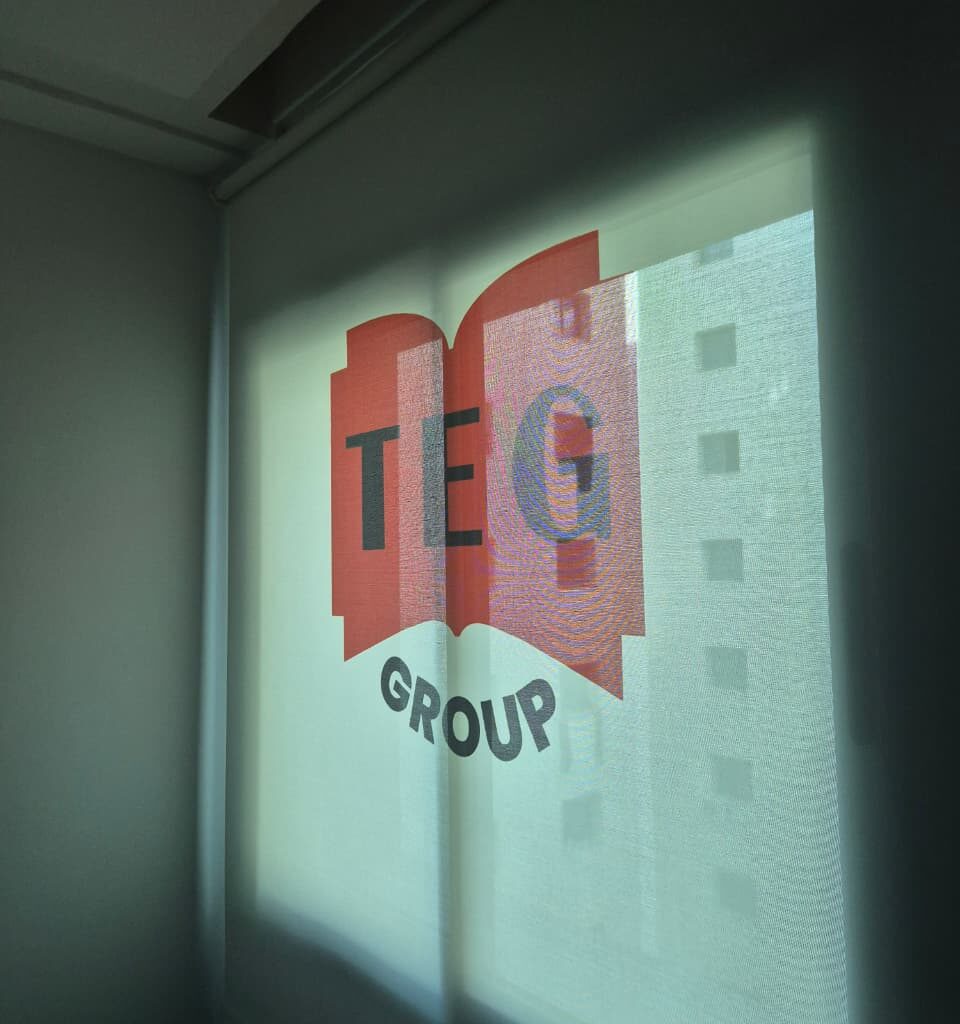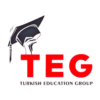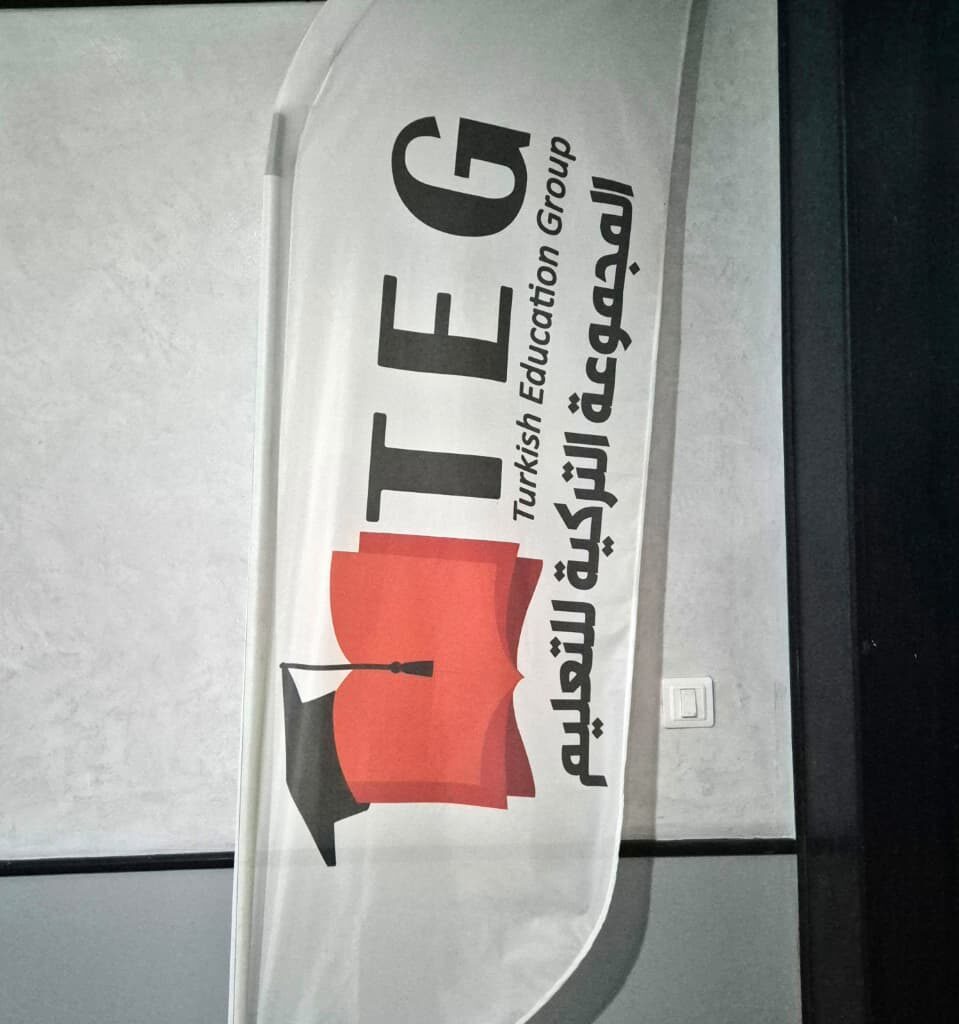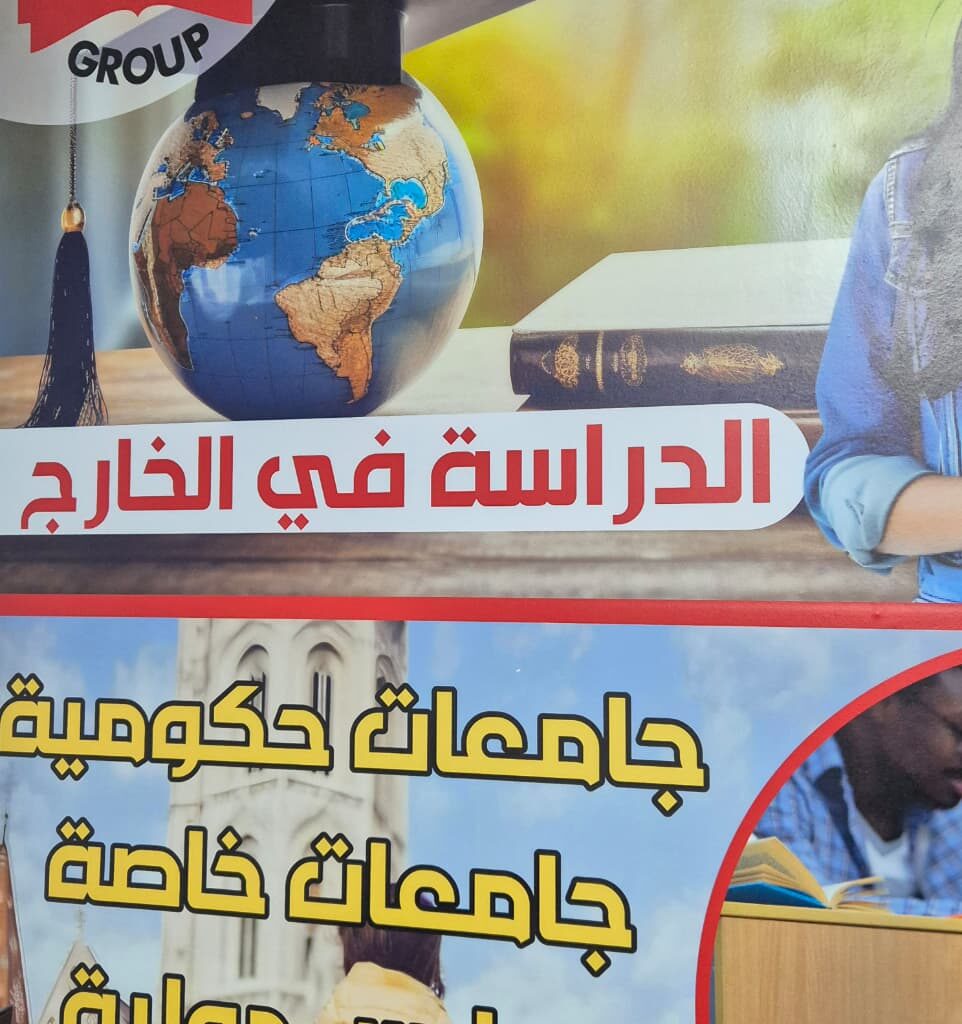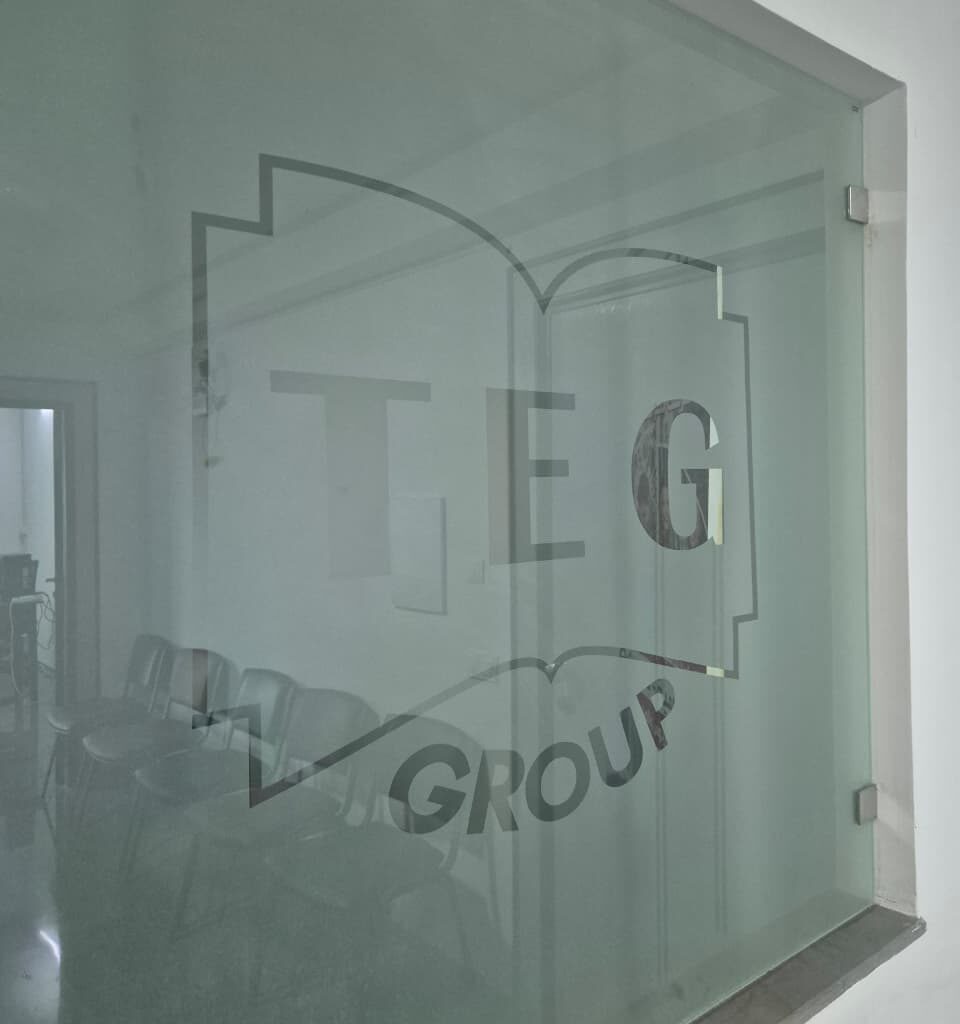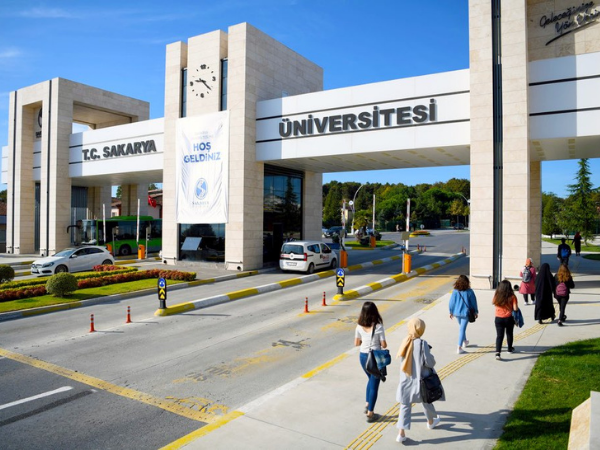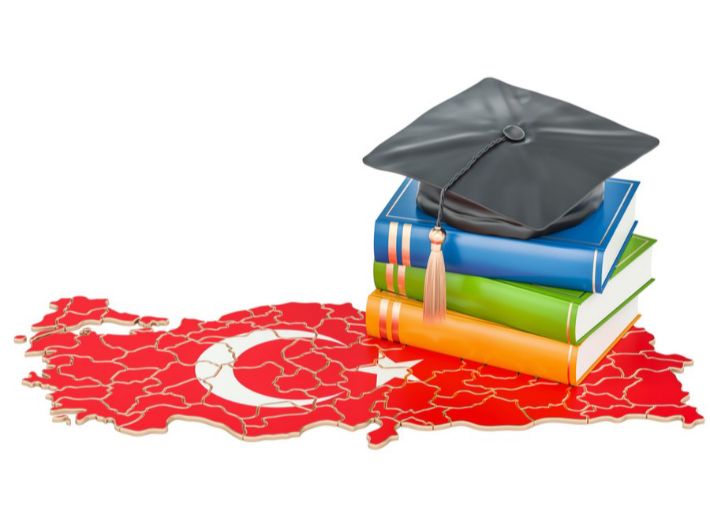Introduction : L’Europe, un horizon d’excellence pour les étudiants internationaux
Choisir une destination pour ses études supérieures est l’une des décisions les plus déterminantes dans la construction d’une carrière internationale. Loin d’être un simple choix géographique, cette orientation représente un investissement stratégique dans son avenir. Dans ce contexte, l’Europe se distingue comme un continent d’opportunités, offrant un écosystème académique et professionnel unique, façonné par des siècles de tradition intellectuelle et une dynamique d’innovation constante. Pour les étudiants internationaux, et notamment ceux issus d’espaces francophones, le continent européen représente bien plus qu’une destination d’études : il constitue une véritable plateforme de lancement pour une carrière mondiale.
L’attractivité de l’Europe repose sur plusieurs piliers fondamentaux :
Qualité et diversité académiques. Les universités européennes, réputées pour leurs méthodes d’enseignement innovantes et leur excellence en recherche, proposent un éventail très large de programmes, des disciplines classiques aux spécialisations de pointe. Le Processus de Bologne a harmonisé les diplômes autour du triptyque Licence-Master-Doctorat (LMD) et du système européen de transfert et d’accumulation de crédits (ECTS), garantissant reconnaissance et transférabilité des qualifications sur tout le continent.
Expérience multiculturelle. Étudier en Europe, c’est vivre une immersion au cœur d’une mosaïque de cultures, de langues et de perspectives. Cette expérience développe des compétences interpersonnelles clés (autonomie, adaptabilité, ouverture d’esprit) très recherchées par les recruteurs, tout en permettant de bâtir un réseau international de grande valeur.
Accessibilité financière. De nombreux pays offrent des formations de haute qualité à coût compétitif, voire quasi gratuites dans certains systèmes publics pour les étudiants internationaux, avec un large éventail de bourses (gouvernements, Erasmus+, universités).
Ce guide propose une analyse comparative de trois modèles d’excellence au sein de l’Union européenne : la France, l’Allemagne et la Belgique. Chacun incarne une voie privilégiée vers un type de carrière spécifique :
France : bastion de l’excellence en commerce, management et sciences sociales (Grandes Écoles).
Allemagne : puissance de l’ingénierie et de l’innovation technologique (Fachhochschulen, système dual).
Belgique (Bruxelles) : carrefour de la politique et des relations internationales.
Chapitre 1 — France : excellence académique et opportunités de carrière au cœur de l’Europe
La France, forte d’une tradition universitaire séculaire et d’un système d’enseignement supérieur dual, est une destination de premier plan pour les étudiants internationaux visant des carrières d’élite. Son attractivité tient autant à la qualité des formations qu’au prestige de ses institutions, offrant un avantage concurrentiel notable sur le marché du travail mondial.
Paysage universitaire : universités & Grandes Écoles
Écoles de commerce et de management. HEC Paris, ESSEC, ESCP Business School, EDHEC dominent régulièrement les classements internationaux (Master in Management, Finance, Marketing). Leurs liens étroits avec l’entreprise, leur corps professoral international et l’employabilité de leurs diplômés en font des tremplins vers des postes à haute responsabilité. Le diplôme agit comme un « label » de prestige reconnu mondialement.
Sciences sociales, politiques et humaines. La Sorbonne (Université Paris 1 Panthéon-Sorbonne, Sorbonne Université) est une référence en droit, histoire, philosophie, économie. Sciences Po Paris s’impose pour les sciences politiques et les relations internationales, formant de nombreux décideurs et hauts fonctionnaires.
Ingénierie et technologie. Les Grandes Écoles d’ingénieurs (École Polytechnique, CentraleSupélec, Mines ParisTech, pôles IP Paris, Paris-Saclay) offrent des formations scientifiques rigoureuses et sélectives, menant à des postes de direction en industrie, recherche et innovation.
Admissions et coûts
Procédure d’admission. Pour la majorité des étudiants internationaux, la candidature passe par Campus France, qui centralise les étapes (choix des programmes, dépôt du dossier, visa). L’accès aux Grandes Écoles peut impliquer des concours après classes préparatoires ; toutefois, des admissions parallèles existent pour les titulaires d’un diplôme universitaire (dossier + entretiens).
Frais de scolarité.
Universités publiques (non-UE) : env. 2 800 €/an en Licence et 3 879 €/an en Master (2024-2025).
Écoles de commerce / établissements privés : 15 000 € à 25 000 €+ par an selon le programme.
Coût de la vie. Plus élevé à Paris (logement principal poste de dépense) ; plus modéré dans des villes comme Lyon, Toulouse, Strasbourg, Montpellier.
Après le diplôme : insertion sur le marché français
Carte « Recherche d’emploi / Création d’entreprise » (12 mois). Accordée aux diplômés au moins niveau Master ; autorise la recherche d’emploi et le travail à temps plein. La demande (75 €) se fait en préfecture avant l’expiration du titre étudiant.
Changement de statut vers travail. En cas d’embauche (CDD/CDI) en lien avec la formation et rémunération ≥ env. 2 702,70 € bruts mensuels (2025), passage vers un titre de séjour professionnel. Pour les postes hautement qualifiés, le Passeport Talent offre une carte pluriannuelle et des démarches simplifiées.
À retenir : investir dans une Grande École peut être coûteux, mais le retour sur investissement est porté par le prestige du diplôme et un cadre post-diplôme balisé, menant à des emplois bien rémunérés et à une résidence stable pour les profils qualifiés.
Chapitre 2 — Allemagne : puissance de l’ingénierie et de l’innovation pratique
L’Allemagne s’impose auprès des étudiants internationaux, notamment en ingénierie et technologie, grâce à un modèle alliant théorie et immersion professionnelle.
Le modèle allemand : Universitäten, Fachhochschulen (HAW) & système dual
Universitäten vs. Fachhochschulen (HAW).
Universitäten : orientation recherche fondamentale, habilitation au doctorat ; voie royale pour l’académique.
Fachhochschulen / HAW : forte orientation pratique (stages obligatoires — Praxissemester), enseignants issus du monde industriel ; diplômés immédiatement opérationnels.
Duales Studium (système dual). Alternance entre cours et travail rémunéré en entreprise via un contrat de formation ; taux d’embauche final très élevé.
Programmes en anglais. Offres nombreuses en Master (ingénierie, informatique, sciences), facilitant l’accueil international.
Accès et financement
Exigences académiques. Diplôme secondaire reconnu (HZB) ou passage par Studienkolleg (1 an) avec examen FSP, ou validation d’1-2 ans d’études supérieures dans le pays d’origine.
Frais & compte bloqué.
Universités publiques : gratuites pour tous (hors Bade-Wurtemberg : 1 500 €/semestre pour non-UE) ; contribution semestrielle 150–350 € (administratif + transports).
Visa : dépôt sur compte bloqué (Sperrkonto) de 11 208 € (2025), retrait mensuel 934 €.
Langue. Pour programmes en anglais : TOEFL/IELTS. Pour cursus en allemand : TestDaF (4/4/4/4) ou DSH-2/3. L’allemand reste un atout majeur pour stages et emploi.
Perspectives professionnelles
Visa de recherche d’emploi (18 mois). L’un des plus généreux ; laisse le temps de trouver un poste qualifié.
Lien industrie-université. Implication forte des entreprises dans les cursus et stages ; canal direct vers l’emploi (évaluation en situation réelle).
À retenir : en Allemagne, l’expérience professionnelle est intégrée au parcours. Les diplômés sortent avec un réseau, une expérience pertinente et une compréhension concrète de leur secteur.
Chapitre 3 — Belgique : au carrefour des relations internationales et de la politique européenne
Au cœur géographique et politique de l’Europe, la Belgique, et surtout Bruxelles, offre un environnement unique pour des carrières en affaires internationales, diplomatie et politique européenne.
Sciences politiques à Bruxelles : immersion au cœur de l’UE
Réputation universitaire.
ULB (SciencePo ULB) : régulièrement dans le Top 100 QS en science politique ; corps professoral international et forte proportion d’étudiants étrangers.
ULiège : progression notable en classements, programmes solides en relations internationales et études européennes.
Atout géographique. Bruxelles abrite Commission européenne, Conseil de l’UE, Parlement européen (antenne), OTAN, ONG, think tanks, cabinets de lobbying, représentations diplomatiques : accès direct à décideurs, conférences, stages de haut niveau.
Programmes et spécialisations. Masters en Relations internationales, Études européennes, Sécurité, Paix & Conflits, souvent enseignés par des praticiens-experts.
Admissions, coûts et vie étudiante
Admission. Master accessible avec Bachelier/Licence pertinent ; pour non-UE : visa D et preuve de moyens de subsistance ≥ 803 € nets/mois (2024-2025).
Frais & coût de la vie. Droits d’inscription plafonnés en Fédération Wallonie-Bruxelles, abordables pour non-UE. Coût de la vie plus élevé à Bruxelles (loyers), mais généralement inférieur à Paris/Londres ; budget étudiant ≈ 683–1 225 €/mois.
Capitaliser sur le diplôme : l’année de recherche d’emploi
Séjour post-diplôme (12 mois). Autorisation pour chercher un emploi ou créer une entreprise ; demande en commune avant l’expiration du titre étudiant.
Droits. Accès illimité au marché du travail durant l’année.
Au-delà des 12 mois. Trouver un employeur pour un permis unique (séjour + travail) ou créer une entreprise avec carte professionnelle.
À retenir : la valeur du diplôme est démultipliée par le contexte bruxellois ; le principal levier est le capital-réseau (stages « Livre Bleu », séminaires, proximité des institutions).
Chapitre 4 — Analyse comparative et recommandations stratégiques
Reconnaissance des diplômes & mobilité paneuropéenne
Processus de Bologne & ECTS. Diplômes lisibles et comparables ; Master = 120 ECTS reconnus à l’échelle européenne.
Réseau ENIC-NARIC. Attestations de comparabilité pour diplômes extra-UE ; outil utile pour employeurs et établissements.
Reconnaissance automatique (objectif 2025). Vers une mobilité toujours plus fluide entre pays membres.
Tableau de synthèse stratégique
| Critère stratégique | France | Allemagne | Belgique (Bruxelles) |
|---|---|---|---|
| Domaines d’excellence | Commerce, management, finance, droit, sciences sociales (Grandes Écoles) | Ingénierie, technologie, sciences appliquées (Fachhochschulen, système dual) | Relations internationales, études européennes, droit international, politique |
| Modèle pédagogique | Théorique et sélectif, forte composante mathématique, prestige institutionnel | Pratique et professionnalisant, forte intégration avec l’industrie, stages obligatoires | Analyse politique et juridique, immersion dans l’écosystème institutionnel |
| Frais de scolarité (non-UE) | Universités : ~3 879 €/an (Master). Grandes Écoles : 15 000–25 000 €+ /an | Universités publiques : gratuit (sauf Bade-Wurtemberg : 1 500 €/semestre). Contribution 150–350 € | Universités (FWB) : frais plafonnés et modérés |
| Coût de la vie (mensuel) | Élevé à Paris (~1 200–1 500 €), modéré en région (~800–1 000 €) | Modéré (~850–1 100 €), compte bloqué 11 208 € exigé (934 €/mois) | Modéré à élevé à Bruxelles (~900–1 200 €) |
| Visa post-diplôme | 12 mois (recherche d’emploi / création d’entreprise) | 18 mois (recherche d’emploi) | 12 mois (année de recherche) |
| Atout carrière principal | Label de prestige du diplôme, réseaux d’élite | Expérience professionnelle durant les études, expertise technique | Capital-réseau au contact des institutions internationales |
| Profil idéal | Ambitieux, visant multinationales/finance | Pragmatique, orienté techno/ingénierie | Analytique, passionné par la politique mondiale |
Développement personnel et professionnel
Stages et mobilité. Erasmus+ finance aussi des stages à l’étranger. Le stage « Livre Bleu » de la Commission européenne (5 mois, rémunéré) offre une immersion unique dans les politiques de l’UE.
Compétences interculturelles. L’adaptation à une nouvelle culture forge résilience, autonomie, résolution de problèmes et communication interculturelle — des atouts décisifs sur le marché global.
Conclusion intermédiaire : en Europe, l’étudiant n’investit pas seulement dans un diplôme, mais dans un parcours de carrière holistique : base académique solide, expérience internationale, adaptabilité éprouvée, accès légal à l’un des plus grands marchés économiques du monde.
Conclusion : construire son avenir professionnel en Europe
La décision d’étudier en Europe est un choix stratégique qui façonne durablement une trajectoire professionnelle. Les trois modèles présentés illustrent des voies complémentaires :
France : investissement à haut rendement — coût initial élevé (surtout Grandes Écoles), mais retour potentiellement rapide grâce au prestige du diplôme et à un cadre post-diplôme clair. Idéal pour des carrières d’élite en commerce, finance, management.
Allemagne : immersion pratique & excellence technique — intégration en entreprise dès les études, quasi-gratuité, visa 18 mois ; idéal pour futurs ingénieurs/technologues.
Belgique (Bruxelles) : réseautage stratégique — proximité institutionnelle unique ; le capital-réseau devient le principal levier pour percer en affaires internationales/diplomatie.
Recommandations finales
Le meilleur choix résulte d’un alignement entre :
Forces académiques et tempérament (compétition vs. pratique)
Capacités financières (frais + coût de la vie)
Ambitions de carrière (élites économiques, ingénierie/innovation, politiques publiques)
En réalisant cet alignement, l’étudiant transforme son diplôme européen en un véritable tremplin vers une carrière internationale riche et épanouissante.
